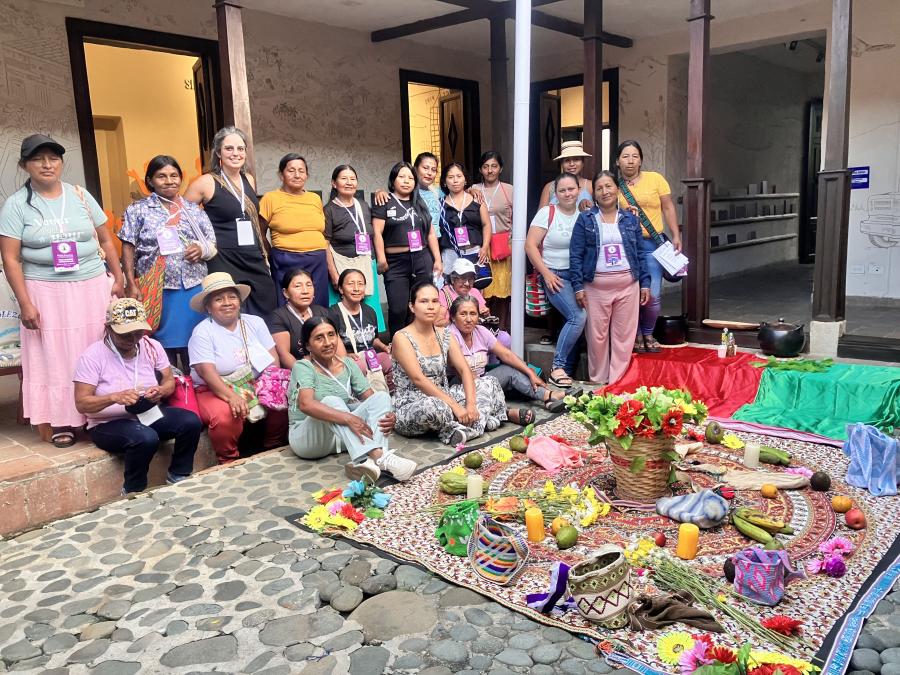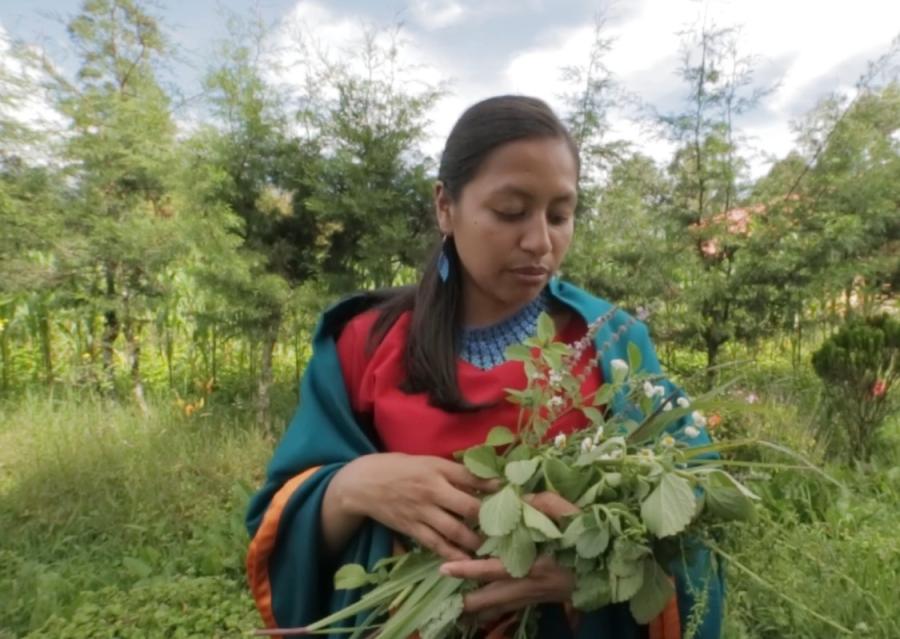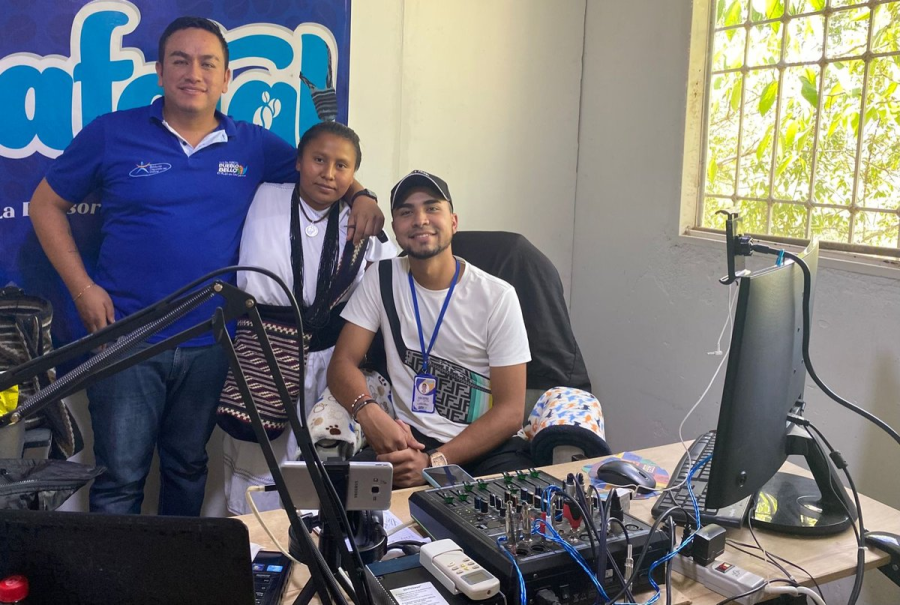We see Plan Colombia as a North American strategy to control what they call their "back yard." This control comes with a strong presence of military forces, some with uniform, some camouflaged as advisers, others in the form of the DEA [U.S. Drug Enforcement Administration], the embassy personnel. Their presence has a notorious effect in the Chapare region. There is a military school there, for example, called the Claws of Courage (Garras de Valor)--they are training soldiers for low-intensity warfare for the entire Andean region, supposedly for the anti-drug war. Because of this kind of militarization there have been recurring human rights violations of the Aymara and Quechua who live in the Chapare. Last year the violence in the region was very bloody. The Chapare is a militarized zone.This repression of the coca growers represents the repression of the Aymara and Quechua nations--because the coca-growers are indigenous. Their product is not for drug traffic, but for use in rural and urban areas--in rituals, in medicine, in daily consumption. The government always says the coca-growers are not indigenous, that they are really in the Chapare to take away lands from the real Indians. That’s the official discourse. But they are Aymara and Quechua, like us. Ironically, the Bolivian soldiers are also indigenous--there are Indians killing Indians. These aren’t Indians in the positions of power, but merely ones obeying their superiors. Nonetheless the most recent killings were not by common Bolivian soldiers, they were done by professional mercenaries backed by the United States.
We know that drugs are something that is not good for humanity. Of course there are European countries, very liberal, where drugs are legalized. But we are not even demanding that. Even Evo Morales, the coca-grower leader, has said the same thing. We agree that the struggle against drug-trafficking is legitimate. What we are against is that in the name of the anti-drug war, first they are trying to eliminate the traditional coca-growing regions, and second that they demonize the coca-growers as if they were drug-traffickers. Furthermore, the consumption of cocaine and other drugs is not a problem of the indigenous people. Drugs have a highly selective group of users--the intellectuals, the Bolivian elite, they are the ones who are consuming drugs--and nobody says anything. We know this is true and we also know that they will never become targets of aggression, because they are of the high social classes, they have power. We have our own set of problems--alcoholism, the sniffing of gasoline and glue--if the North Americans want to fight drugs this is where we need help.
And finally, as we say, coca is part of our identity. What if we were to say "we don’t like whiskey"--and then we go attack the English for drinking whiskey? Our relation with the sacred world would not exist without coca. What if we were to attack the communion wafer of the Catholic rituals? And when we need help we go to our yatiri--—they are the ones who help us, and they use coca to do so. What if we were to attack the psychotherapists they have in the cities? Coca has been an element of articulation between peoples and regions throughout history here in the Andes. Coca is part of our spirituality; it is part of who we are. Cocaine is something entirely different.
Bret Gustafson (bdgustaf@artsci.wustl.edu) is an assistant professor of anthropology at Washington University in St. Louis.
Contact María Eugenia Choque and Carlos Mamani at the Centro de Estudios Aymaras, Casilla 7979, La Paz, Bolivia. Email: maeucho@ceibo.entelnet.bo.



